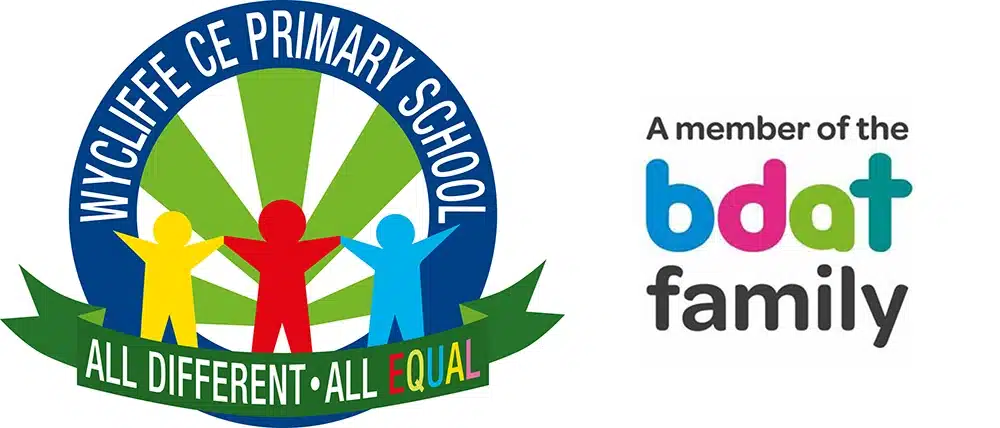SENDCO – Mr C Holdsworth
Email: office@wycliffe.bdat-academies.org
We recognise that the Equality Act 2010 reflects and embeds our school’s Christian principles in that it is lawfully and morally unacceptable to discriminate between pupils (and staff) on grounds of disability, race, sex, gender reassignment, pregnancy and maternity, religion or belief system.
We aim to promote spiritual, moral, social and cultural development through all appropriate curricular and extra-curricular opportunities with particular reference to issues of equality and diversity. Inclusion: “understanding everyone is equal, without exception, valuing and encouraging diversity and difference and proactively seeking to learn from others.” (BDAT 2016)
We know that avoiding discrimination, fostering positive attitudes and relationships and promoting equality supports our agenda of reducing and challenging barriers to equality that already exist.
The Special Educational Needs and Disability Code of Practice: 0 to 25 years 2014, requires schools to adapt its curriculum and learning environment for pupils with special educational needs. Our school constantly strives to take into account, reduce and challenge barriers of access and learning for all such pupils, ensuring that a broad and balanced curriculum is available to all. Teachers and supporting staff set high expectations for every pupil, whatever their prior attainment. They use appropriate assessment to set targets which are deliberately ambitious. Potential and actual areas of difficulty and challenge are constantly recognised, sought, identified and addressed. Learning opportunities are planned to anticipate address potential areas of difficulty and to remove barriers achievement and progress. Such meticulous and careful planning means that pupils with SEN and disabilities are expected to be able to study the full or bespoke curriculum.
A child has special educational needs if he or she has a learning difficulty, which calls for special educational provision to be made for them. Children have a learning difficulty if they have a significantly greater difficulty in learning than the majority of children of the same age or have a disability, which prevents or hinders them from making use of educational facilities of a kind generally provided for children of the same age in mainstream schools within the area of the local authority.
A child under compulsory school age (e.g. on arrival in Reception Class) has special educational needs if he or she is likely to fall within the definition in the before paragraph above when they reach compulsory school age or would do so if special educational provision was not made for them.
All pupils are offered a broad and balanced curriculum. Specialist teachers and other professionals will be consulted, when needed, for advice on ways of ensuring children have full access to all learning opportunities and that any barriers to learning are removed. In some individual cases, the school will implement the Common Assessment Framework (CAF) procedure to ensure that pupils with additional needs (and their families) can benefit from the full range of support available to them.
Children with SEND have Passports which detail support already in place and that which is planned for the next term or so in order to meet appropriate and specific targets under the guidance of our Special Needs Co-ordinator. Parents/Carers of children with SEND are encouraged to become involved with the support programmes and will be invited to meet regularly with staff to discuss progress to the targets.
Please do not hesitate to contact us if you wish to discuss your child’s SEND requirements
The SEND policy can be found under policies
SEND Information Report December 2025
Click here to find some useful resources
For information on the Bradford authority’s local offer and details of support and services, please visit https://localoffer.bradford.gov.uk/.
